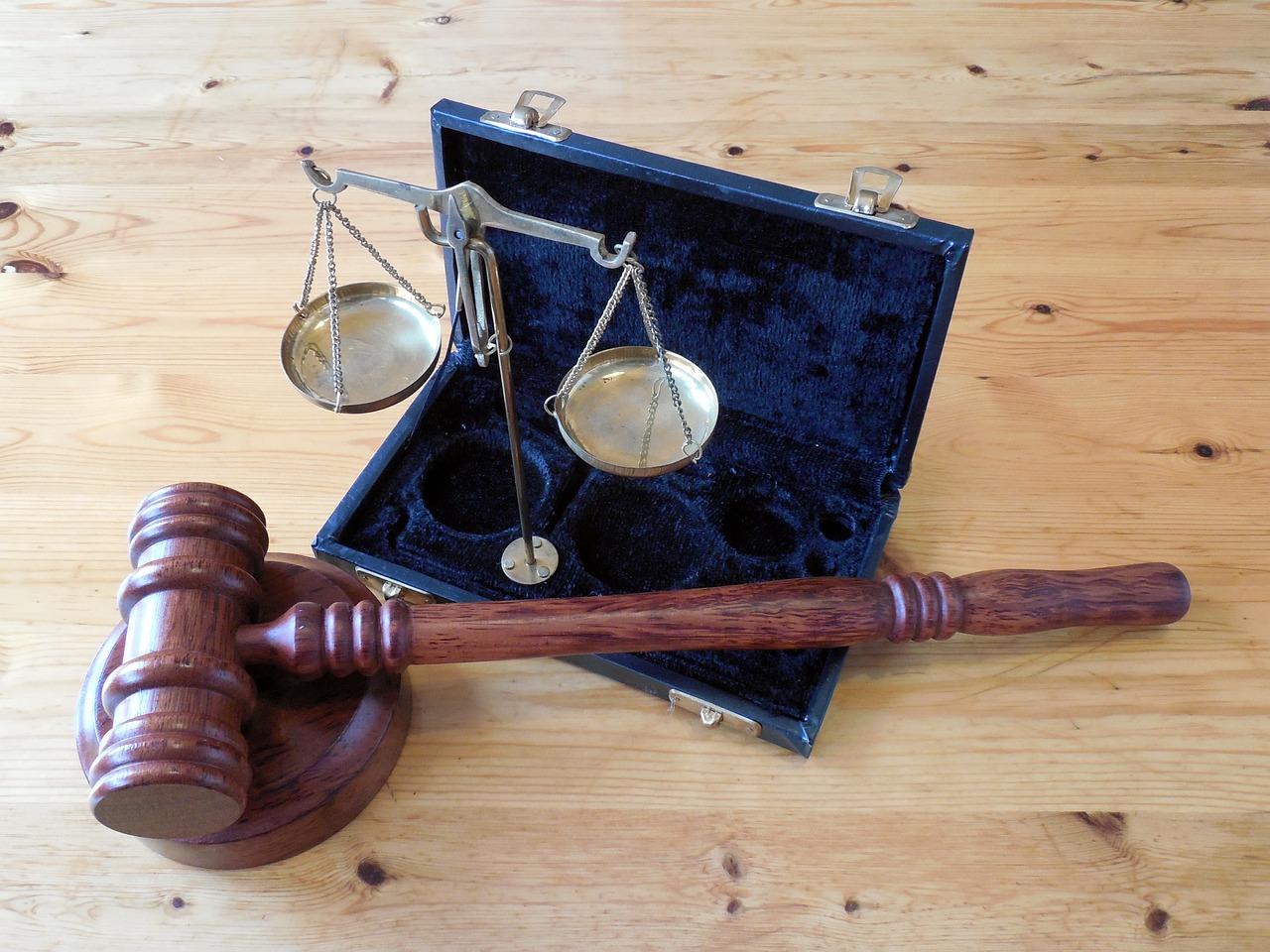If you own or are thinking about starting a business, your journey to success will not only be about being a good leader, managing the in-house operations, and providing excellent customer service. You must also be aware of various business laws that apply to you, depending on the type of business entity you form and where you operate it, even if you’re running a ticketone servizio clienti. Many of these laws are created to ensure that businesses, employees, and customers are treated fairly. Here is a brief overview of four different sets of business law.
Contract Law
 The first set of business law is the Contract Law. This includes any agreement between two or more parties that contain promises and consideration, as well as any agreements regarding the sale of goods or services. A contract must be enforceable, meaning that all parties involved understand and agree to its terms, for it to be valid. If one party does not keep their promises or there is a disagreement about the terms of the agreement, a lawsuit may result. Note that all contracts do not require signatures. They can also be verbal or implied from the conduct of both parties.
The first set of business law is the Contract Law. This includes any agreement between two or more parties that contain promises and consideration, as well as any agreements regarding the sale of goods or services. A contract must be enforceable, meaning that all parties involved understand and agree to its terms, for it to be valid. If one party does not keep their promises or there is a disagreement about the terms of the agreement, a lawsuit may result. Note that all contracts do not require signatures. They can also be verbal or implied from the conduct of both parties.
Employment Law
The second set of business law is Employment Law. This includes a variety of state and federal laws regarding hiring, wages, hours, safety, and other topics related to the employer-employee relationship. Employers need to stay up-to-date on the rules pertaining to their particular workforce in order to comply with all applicable laws. The key areas of employment law include discrimination and harassment, benefits and retirement planning, and safety regulations.
Intellectual Property Law
The next set of business laws that you should know is Intellectual Property Law. This includes any creation or work that arises from an individual’s mind, such as inventions, trademarks, copyrights, patents, and trade secrets. It is important for business owners to understand the laws surrounding their intellectual property to protect it from theft or infringement. While it’s true that intellectual property rights are automatically granted to the creator, registration of these rights (such as a trademark or patent) can help ensure that your work is fully protected and also give you legal recourse if someone does violate your intellectual property.
Limited Liability
The fourth and final set of business law is Limited Liability. This includes laws that protect a business owner from personal liability for the debts or obligations of their company. If you form an LLC, corporation, or another type of business entity, you will be able to limit your own exposure to creditors or other liabilities that may arise due to normal business operations. This also helps protect your personal assets from legal claims or judgments against the business.
In conclusion, understanding the four business laws above is mandatory for a business owner. These include contract law, employment law, intellectual property law, and limited liability. Being aware of these laws can help you avoid potential lawsuits and other legal issues that could potentially derail your …


 One of the essential factors you should consider is the reputation of a lawyer. The reputation of a lawyer plays a significant role and should not be ignored. Take some time and research what others are saying about a lawyer before making your final decision. You can speak to those who may be familiar with a lawyer, like their colleagues or clients they have worked with in the past.
One of the essential factors you should consider is the reputation of a lawyer. The reputation of a lawyer plays a significant role and should not be ignored. Take some time and research what others are saying about a lawyer before making your final decision. You can speak to those who may be familiar with a lawyer, like their colleagues or clients they have worked with in the past. Law tends to be a vast domain; this has made many lawyers specialize in a specific field. When choosing a lawyer for your company, you should consider the field a lawyer is specialized in. Only choose a lawyer that has specialized in the type of services your business needs.
Law tends to be a vast domain; this has made many lawyers specialize in a specific field. When choosing a lawyer for your company, you should consider the field a lawyer is specialized in. Only choose a lawyer that has specialized in the type of services your business needs.